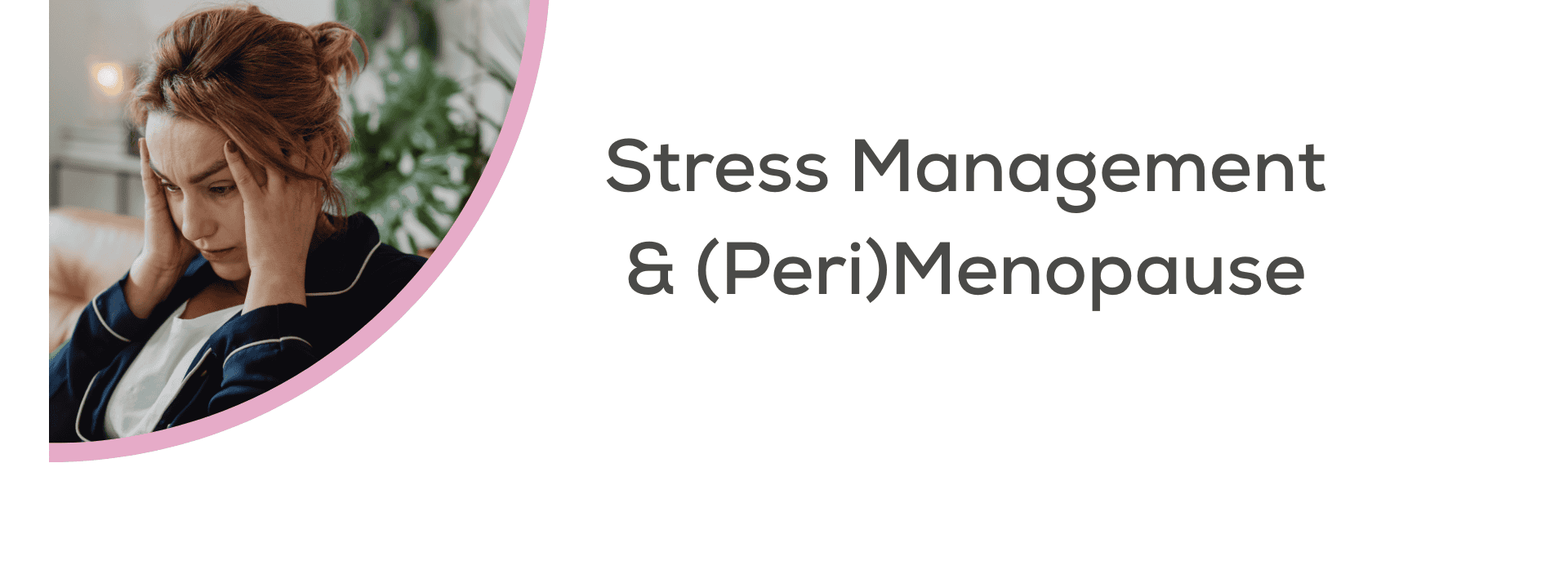Introduction
Menopause and perimenopause can have a significant impact on a woman’s mental health. Women are often aware of the common menopausal symptoms like hot flushes and night sweats, but they may be completely unprepared for the changes in their mood and emotions.
It is much more common than thought and awareness needs to be improved among women as well as clinicians. Women often get put on anti-depressants which might not be very effective.
What are the symptoms to watch out for?
Menopause may be associated with wide range of unexplained changes in mood.
- Mood swings- fine one moment and crying without reason the next.
- Irritable, lack of patience, snappy
- Unreasonable anger, “seeing red”
- Unexplained anxiety, feeling on the edge & easily overwhelmed, feeling not in control of emotions
- Loss of confidence, low self-esteem
- Low mood, lack of motivation, sad, tearful, lack of interest
- Moderate to severe depression, sometimes even feeling suicidal
- Worsening of pre-existing mental health problems
What may be the reason for mood changes during menopause?
There may be a few reasons for mood changes during menopause.
Oestrogen: Mood changes may be due to erratic fluctuations in oestrogen levels during perimenopause or very low levels in menopause. The effect of oestrogen on mood is complex and research has shown that it has anti-anxiety and anti-depressant effects. Oestrogen helps in production of Serotonin and Endorphins which stabilises mood, and creates feelings of well-being, and happiness.
Testosterone: It is also an important female hormone and has significant impact on a woman’s central nervous system and brain.
Insomnia: Some women suffer from insomnia and lack of sleep worsens any mood problem.
Some women may be at higher risk of developing mood disorders during menopause:
- Pre-existing MH problem
- History of postnatal depression or PMS
- Multiple health problems
- Increased stress in life, needing to look after children or older parents
Menopause, mental health & workplace
There is still a lot of stigma attached around menopause at workplace. There are 3.5 million women over 50 in workplace in UK and menopause may have a significant impact on work. Women have quit successful careers due to crippling anxiety or lost confidence in their ability to be able to do their jobs well. More and more employers are now supporting menopause friend work environment and It’s vital that women open up, talk about it more freely and seek help.
Treatment
Often mood disorders are multifactorial, and it may be difficult to assess whether the mood changes are just due to hormones or there may be other underlying psychological reasons.
A holistic personalised approach is essential to try to get the best help possible.
- HRT: It is the most effective treatment to manage mood changes due to hormonal issues. It levels off the hormonal fluctuations and helps with anxiety and mood swings.
- Exercising: Regular exercising help release endorphins and are natural relaxing hormones. Especially exercising or walking in natural light in mornings may be beneficial.
- SSRI / Antidepressants: May have a role if HRT is contraindicated, or there is underlying mood disorder when HRT has not fully resolved symptoms.
- Cognitive Behavioural Therapy: It helps us look at the way we think about menopause and how it affects the way we feel. It helps us replace negative thoughts with positive thoughts and change our behaviour to promote wellbeing and cope with anxiety and mood disorders.
- Relaxation, meditation, paced breathing exercises: These techniques can be learnt to help relax and cope with mood issues.
Dr Shashi Prasad is an OMC doctor and a Menopause and Lifestyle Medicine Expert with a wealth of experience in women’s health.




